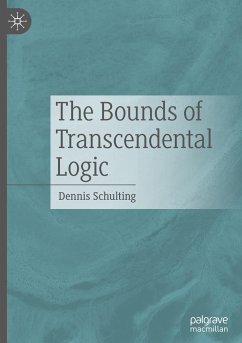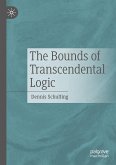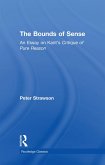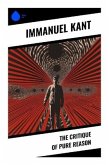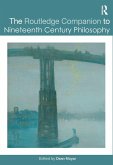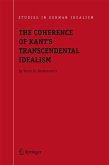The book addresses two main areas of Kant's theoretical philosophy: the doctrine of transcendental idealism and various central aspects of the arguments from the Metaphysical and Transcendental Deductions, as well as the relation between the deduction argument and idealism.
Among the topics covered are the nature of objective validity, the role and function of transcendental logic in relation to general or formal logic, the possibility of contradictory thoughts, the meaning of the Leitfaden at A79 and the unity of cognition, the two-steps-in-one-proof interpretation and categorial instantiation, categorial illusion, Strawson's transcendental argument, the persistently perplexing question of the derivation of the categories, and the relation between apperception, objectivity, judgement, and idealism.
With regard to idealism in particular, the focus is on the metaphysical two-aspect interpretation and its problems, on the merits and demerits of the controversial phenomenalistreading of Kant's idealism, and on the topic of subjectivism and epistemic humility.
In all of the aforementioned topics, the book presents wholly novel interpretations compared to the standard or mainstream interpretations
Among the topics covered are the nature of objective validity, the role and function of transcendental logic in relation to general or formal logic, the possibility of contradictory thoughts, the meaning of the Leitfaden at A79 and the unity of cognition, the two-steps-in-one-proof interpretation and categorial instantiation, categorial illusion, Strawson's transcendental argument, the persistently perplexing question of the derivation of the categories, and the relation between apperception, objectivity, judgement, and idealism.
With regard to idealism in particular, the focus is on the metaphysical two-aspect interpretation and its problems, on the merits and demerits of the controversial phenomenalistreading of Kant's idealism, and on the topic of subjectivism and epistemic humility.
In all of the aforementioned topics, the book presents wholly novel interpretations compared to the standard or mainstream interpretations

